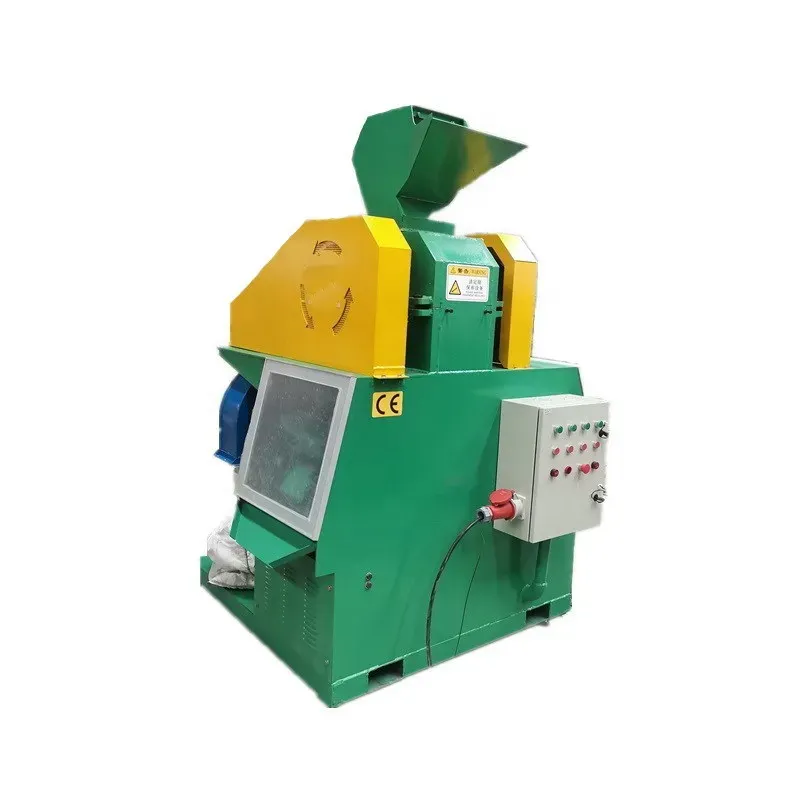

loka . 31, 2024 04:25 Back to list
The Importance of Aluminum Can Recycling Plants
Aluminum can recycling plants play a crucial role in environmental conservation and resource management. With the increasing consumption of beverages packaged in aluminum cans, these facilities help mitigate the impact of waste on our planet. In this article, we will explore the significance of aluminum can recycling plants, their processes, and their benefits to the environment and economy.
Aluminum is one of the most recyclable materials on the planet. In fact, it can be recycled indefinitely without losing its properties. However, a considerable percentage of aluminum cans end up in landfills, where they can take hundreds of years to decompose. This is where aluminum can recycling plants come into play. These facilities efficiently process used aluminum cans, ensuring that they are recycled into new products rather than wasted.
The recycling process begins when consumers return their aluminum cans to collection points or recycling bins. Once collected, the cans are transported to a recycling plant, where they undergo several stages of processing. Initially, the cans are sorted to remove any contaminants such as plastic, glass, or non-aluminum materials. After sorting, the cans are crushed and compacted into bales, making them easier to transport and store.

Next, the bales are shredded, and the small pieces are heated and melted to remove any paint, coatings, or other impurities. The resulting molten aluminum is then poured into molds, forming ingots, which can be shipped to manufacturers for the creation of new aluminum products. This entire process significantly reduces the energy required for production compared to creating aluminum from raw bauxite ore, which involves extensive mining and refining.
One of the key benefits of aluminum can recycling plants is their positive environmental impact. Recycling aluminum saves approximately 95% of the energy required to produce new aluminum from raw materials. This energy conservation reduces greenhouse gas emissions, contributing to global efforts to combat climate change. Additionally, recycling aluminum conserves natural resources by decreasing the demand for virgin materials, thereby aiding in the reduction of mining activities that can harm ecosystems.
Economically, aluminum can recycling plants contribute to job creation and sustainable growth. The recycling industry employs thousands of workers, from collection and sorting to processing and distribution. Furthermore, the revenue generated from selling recycled aluminum to manufacturers benefits local economies, creating a circular economy that fosters sustainability.
In conclusion, aluminum can recycling plants are vital for effective waste management and environmental preservation. By recycling aluminum cans, we conserve energy, reduce harmful emissions, and promote sustainable practices. As consumers, we can all contribute by making a conscious effort to recycle aluminum cans and support the recycling industry's growth, ensuring a healthier planet for future generations.
Latest news
Troubleshooting Common Eddy Separator Problems
NewsJul.04,2025
The Role of Metal Recycling Plants in Circular Economy
NewsJul.04,2025
The Impact of Recycling Line Pickers on Waste Management Costs
NewsJul.04,2025
Safety Features Every Metal Shredder Should Have
NewsJul.04,2025
How Industrial Shredders Improve Waste Management Systems
NewsJul.04,2025
How Cable Granulators Contribute to Sustainable Recycling
NewsJul.04,2025